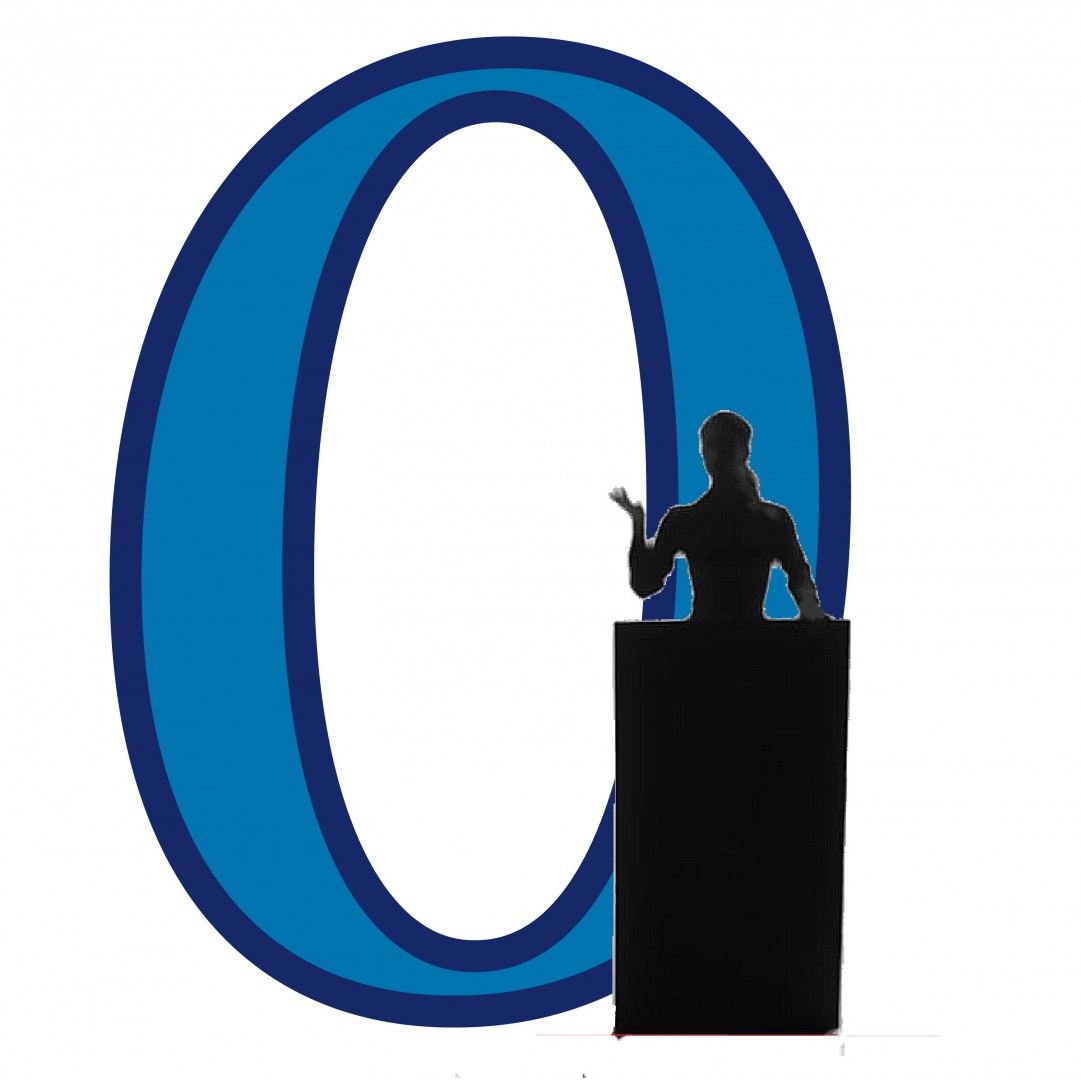“Vagina. Vagina. It doesn’t matter how many times you say the word, it never sounds like a word you want to say.” This is a quote from the Vagina Monologues, which were presented at DU the Friday of Valentine’s Day. These courageous female students weren’t intimidated by saying “vagina.” And they said it a lot. Audience members experienced vagina words, vagina thoughts, vagina stories and vagina empowerment. It was all about vaginas, from vaginas and for vaginas. For vaginas are the creators of life, they are 50 percent of the human race, they are the identity of women and they are being globally dismissed and abused. It is time to expand the vagina dialogue and transform DU students into Vagina Warriors.
Eve Ensler, the creator of Vagina Monologues, explains, “I was worried about vaginas, I was worried what we think about vaginas and even more worried that we don’t think about them.” She has me worried. I had never considered whether or not we were thinking about vaginas too much, too little, in the right way or in the way that matters.
USA Today discusses a study from the “Journal of Sex Research” that reports college-age guys think about sex 19 times a day, but does this ever actually involve the intricacies of the vagina? Psychology Today reports that women on average engage in familiarity with the vagina, otherwise known as masturbation, 22 percent less than men; this figure for men is 61 percent nationally. Fifty-three percent of DU students have vaginas and yet I seem to be missing out on all the vagina discussions. What does dialogue surrounding vaginas sound like on our campus?
I approached several students and simply asked, “What do you think about vaginas?” Most were taken aback, giggly and not all that enthused to voice their vagina views. The majority began with “I don’t know…” and then went on to state some brief observation about vaginas or vaginas in our society. Katie Bring commented, “I don’t think people talk about them,” on the other hand, “‘penis’ gets a lot of attention.” This was echoed in Kaitlyn Sniffin’s statement,“It’s a dick, whatever, but nobody will ever actually say the word vagina.” In search of male opinions I posed this question to three gentlemen, Roy-Michael Harris, Ben Bulow and Luke Torchetta. What do they think of vaginas? In Roy’s view, “They’re useful, because babies come out of them.” Ben, on the other hand, feels they have become objectified within our society. And lastly, Luke mumbled something about too much vagina talk and needing to go to the gym.
One of the most comical yet positive, provocative and honest responses I heard was from Andrea Gerdes. She explained a saying she had heard about vaginas that she really loved. “Why do people say ‘grow some balls?’ Balls are weak and sensitive. If you wanna be tough, grow a vagina. Those things can take a pounding.” This quote is sometimes attributed to Betty White, but the author is officially unknown. It certainly is the initial stages of recognizing that vaginas are worth talking about, since vaginas not only play an immense role in the circle of life, but they are pretty damn impressive. No girl should ever be made to feel ashamed of her vagina, no girl should ever have a vagina violated; vaginas should be celebrated.
This is the mission of the Vagina Monologues. Inspiring responses were heard, such as the one from first-year DU student Beccah Schaefer, “I was so excited to have a vagina and to know other people with vaginas.” Finding our vagina voices. From woman to woman raising awareness about vaginas. Genital mutilation, rape — incest, the list of vagina violations is disturbingly extensive. And it is this mission that inspires the development of what Ensler recognizes as Vagina Warriors.
Vagina Warriors are women or “vagina friendly men” who, in the face of immense violence, choose to grieve it instead of attack it and who dedicate their lives to ensuring no other has to experience this same suffering, whatever it may be. We already have many warriors on campus: Lori Scott, the co-director of DU’s 2014 Vagina Monologues, is a warrior for vaginas; Mollie Doerner, president of DU Environmental team, is a warrior for the earth; and Alejandro Garcia, an active member of QSA, is a warrior for the LGBTQIA community.
Ensler believes that “lasting social and cultural change is spread by ordinary people doing extraordinary things.” Take from this the empowerment to talk about whatever matters to you, whether or not that be vaginas, and to be a catalyst for change. Be a warrior.










